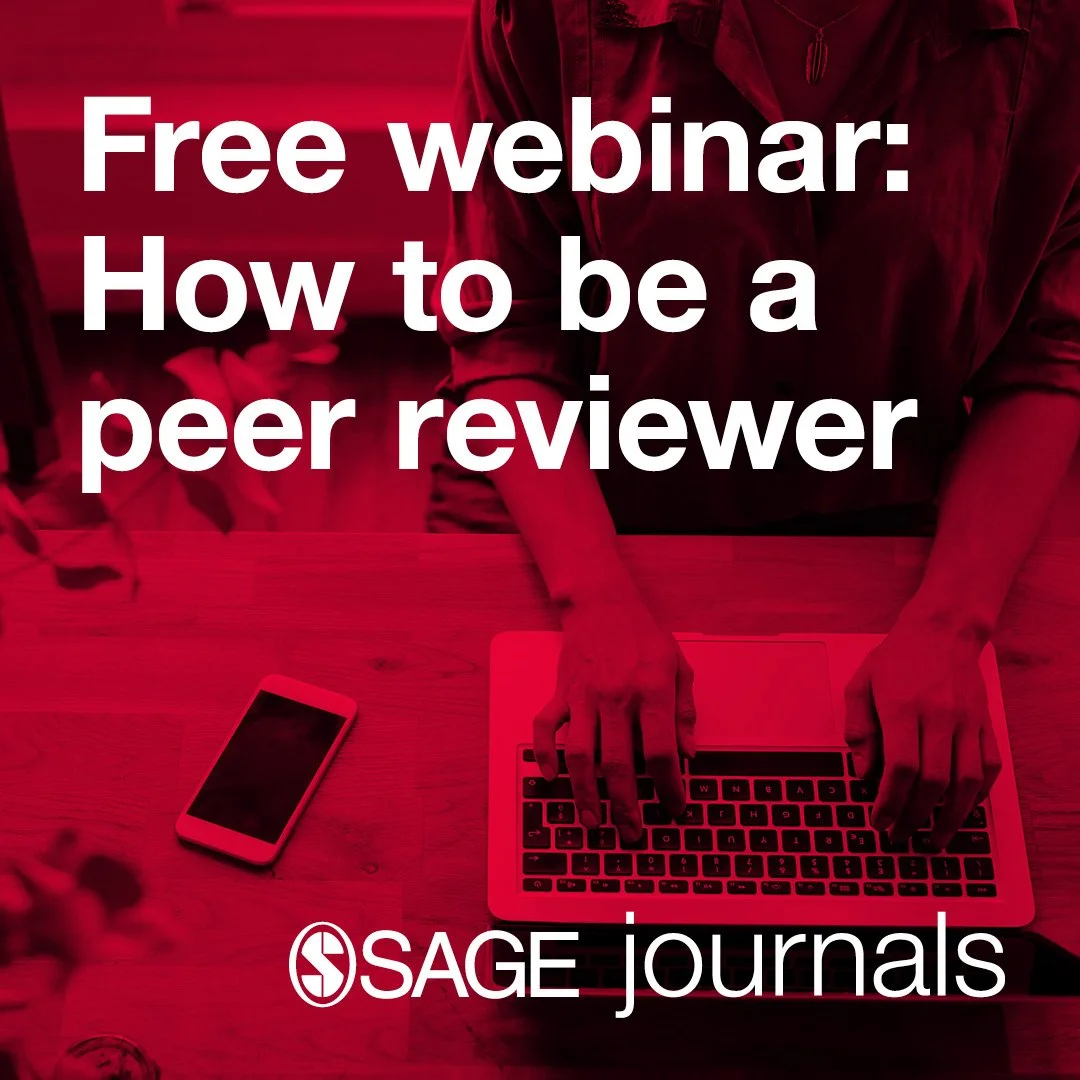This month, we hosted a webinar to help academics who work in clinical medicine through the process of becoming a peer reviewer.
Read MoreContrary to the common caricature, the academic world has long been defined more by tech than by tweed. From the typewriting of manuscripts in the 60s to the launch of the first online humanities journal, Postmodern Culture, in 1990,and the founding of JSTOR in 1994, scholarship has consistently embraced contemporary innovations in ways that enhance its rigour and reach.
Read MoreOver the years, many innovations have reshaped the industry, and advancements in the field of artificial intelligence (AI) are emerging as another transformative force, with the potential to significantly impact scholarly research and publication.
Read MoreInterest in research integrity and ethics in academic publishing has skyrocketed in recent years. With the rise of paper mills, AI, and a news story almost every week about data manipulation scandals, it’s no surprise that the academic community is increasingly focused on these issues. This newfound attention has led to a rise in research integrity startups - companies creating research integrity tools in the hopes of combatting these modern threats.
Read MoreSince the launch of ChatGPT in 2022, there has been concern among educators, authors, editors, and reviewers about the use of Large Language Models (LLMs) in writing research papers. An influx of “AI Detectors” appeared online seemingly overnight, claiming to identify content not written by an actual human. These new tools sparked a wave of emails from reviewers and authors asserting that the paper or review they were looking at was written by AI, based on these detectors’ results.
Read MoreThis September, our How to Do Research and Get Published webinar will focus on ‘How to respond to reviewer comments’. It will go live on September 18th, so secure your place now by registering here.
Read MoreAs academics, we understand the vital role of feedback. We receive it from supervisors, students and peers. However, this type of 360-degree feedback is different from the business world as it can mean receiving evaluations from people we have never met. This is certainly the case with peer reviews for journal articles, where reviewer anonymity is often the norm.
Read MoreSage’s ever-evolving peer review processes are adapted to be robust and reflect the latest industry standards. We are committed to ensuring that authors feel confident and well-informed when submitting their manuscripts to our journals. We’ve therefore highlighted 7 helpful tips authors should keep in mind when submitting their manuscripts.
Read MorePeer review, as the term suggests, has been the standard for maintaining the quality of academic research publications. The traditional model of peer review involves research papers being assessed by a small number or group of scholars having expertise in the same field, before publication. There are two prominent modes of review that exist in the traditional peer review process, which are single-anonymized peer review and double-anonymized peer review. Despite its crucial role in the academic research publication process, it is undeniable that biases persist within this system.
Read MoreConsidering becoming a reviewer or getting more involved with peer review? SAGE is pleased to announce our webinar program focused on the academic reviewing landscape for our global audience.
Read MoreIn our free monthly webinar series, we receive hundreds of questions from attendees and we try to answer as many as possible during the webinar. We selected a few of the most common questions regarding peer review, and here is what our experts had to say.
Read MoreConsidering becoming a reviewer or getting more involved with peer review? SAGE is pleased to announce a new webinar focused on the academic reviewing landscape.
Read MoreAs the eighth annual Peer Review Week comes to a close it feels appropriate to reflect back on this year’s theme, ‘Research Integrity: Creating and supporting trust in research.’
Read MoreWe spoke to Caroline Porter, our Associate VP for Research Publishing about how her role at COPE supports her work at SAGE and how we can build integrity in the academic community .
Read MoreResearch Integrity in 2022 continues to focus on efforts made by scholarly publishers to maintain the integrity of the published record. Here are steps researchers can take to uphold research integrity principles more proactively and avoid post-publication disputes.
Read MoreAfter putting an exhausting amount of time and effort into researching and writing your research, spending more time preparing your article for submission and peer review can fall by the wayside. Taking the time to polish your work and to ensure appropriate journal selection and compliance with journal guidelines and requirements can have a major impact on a timely and successful peer review.
Read MoreWhen you publish an article with a prominent academic journal, you are participating in a conversation with your colleagues around the world as well as scholars who came before you and will come after you. Anyone who reads your article should be able to easily identify your unique contributions and the works you have built on to make those contributions.
Read MoreIt is widely acknowledged that there is a lack of formal training for early career researchers trying to become peer reviewers, especially how to be invited to review for a journal. In order to increase your chances of being selected as a reviewer, here are some tips to strengthen your reviewer profile on our online submission and peer review systems.
Read MoreThe theme of Peer Review Week 2021 is Identity in Peer Review, a timely topic that raises some interesting questions. Does anonymity provide a fairer peer review process? How does the identity of peer reviewers shape publications? And how can we make sure that the peer review process is welcoming and inclusive to all?
Read More


















